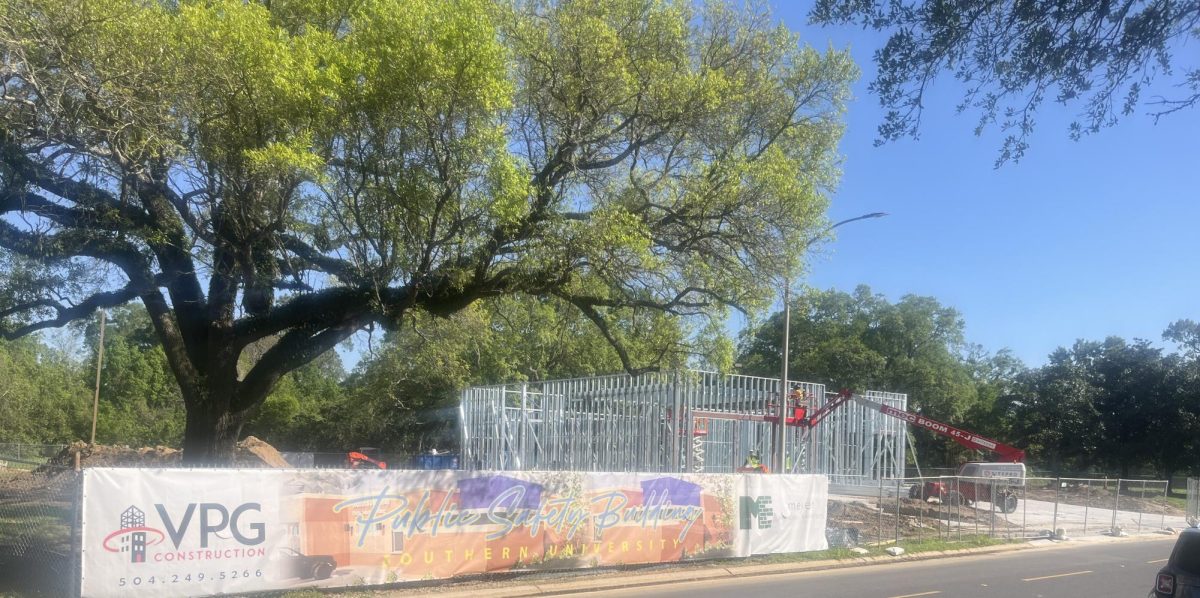As a black woman, Jeanettea Bryan had been waiting eight years to cast a presidential vote for Hillary Rodham Clinton, until the rhetoric in the Democratic primary got rough and racial.
Whoever was to blame for the nasty tone of the South Carolina race in its final days, it caused the 45-year-old nanny to question her loyalties.
Bill Clinton, Bryan said, was the one president who deserved a third term. Barring that, she’d wanted Sen. Clinton to run since her husband left office in 2000.
But reminders of America’s racial divisions run deep on this quiet sea island that’s home to many blacks descended from the slaves who worked its plantations. Bryan switched her support to the man who would be America’s first black president.
“Before they started getting into the ugly stuff, I really wanted Hillary to win,” Bryan said as a stylist cut her hair inside a tiny salon at the corner of Sea Island Parkway and Martin Luther King Jr. Drive. “I prayed about it, and I decided I was going to back Obama.”
Barack Obama’s supporters chanted “Race doesn’t matter” at a Columbia rally Saturday after his landslide victory in South Carolina. But black voters here, the first primary state where they counted in large numbers, said the chance to send a black man to the White house mattered greatly, even if it wasn’t their first concern.
While blacks overwhelmingly favored Obama, the exit poll showed he got only about 25 percent of the white vote. The racial split raises fresh questions about whether Obama can win in states outside the South, despite his early victory in overwhelmingly white Iowa.
In South Carolina, scene of plenty of racially tinged campaigns, black voters who had been leaning toward Clinton turned against her after the mudslinging with Obama became more personal.
“African-American leaders took umbrage with the Clintons, who otherwise are seen as supporters of the African-American community, for what they saw as slights and insults” aimed at Obama, said Todd Shaw, a political science professor at the University of South Carolina who specializes in racial politics.
An exit poll conducted for The Associated Press and the networks showed eight in 10 black voters backed Obama. They made up 55 percent of voters Saturday in South Carolina, which shattered its Democratic primary record with more than 532,000 ballots cast.
“It was pretty much a no-brainer,” said Warren Bolden, 57, a retired maintenance man who voted for Obama in Columbia. “I was raised in the Civil Rights era. I remember when it was said blacks couldn’t play quarterback in the NFL, they didn’t have the brain power. Our kids should see we can be whatever we want to be.”
Shaw said the lack of white support for Obama in South Carolina might not carry over to states outside the South. But it’s hard to tell, because Obama is America’s first serious black contender for the presidency.
“Right now, we have two different messages from Iowa and South Carolina,” Shaw said. “I have to admit, we’re still in uncharted territory.”
Looking ahead to the Super Tuesday primaries Feb. 5, Emory University political science professor Merle Black said Obama’s strength among black votes in South Carolina should carry over to Georgia, Alabama and Tennessee.
He’ll have a tougher time in states such as California, where blacks make up a far smaller share of the electorate.
“His challenge will be to get larger shares of white Democrats,” Black said. “I think he’ll go back to his main issues and not talk so much about race. Now you would assume he’ll get the majority of African-American votes.”
Oddly, while Obama’s campaign has inspired hope in many black voters, his race has dredged up decades-old anxiety and fear in others.
Factory worker Loretta Miller, 54, limited her choices to Clinton and John Edwards when she went to her precinct in rural Orangeburg, site of the 1968 “Orangeburg massacre” in which state police fired on demonstrators trying to desegregate a bowling alley, killing three civil rights protesters and wounding 27.
She couldn’t bring herself to vote for Obama, “though I would love for him to win,” because she was too afraid Obama would suffer the fate of two other heroes of black Americans – John F. Kennedy and Martin Luther King Jr.
“Maybe I’m wrong, but I think we’re not quite ready for that, a black man being president,” said Miller, whose concerns were echoed by other black voters interviewed. “I don’t want him to get hurt.”
Kenneth Wright wasn’t sold on Obama at first. The self-employed house painter, folding his clean shirts and jeans at a coin laundry in Charleston, recalled previous black presidential hopefuls, the Revs. Jesse Jackson and Al Sharpton, as more symbolic candidates than serious contenders.
Obama seemed different to Wright after he drove 115 miles last month to see the Illinois senator at a campaign stop with celebrity supporter Oprah Winfrey. Wright found himself in a crowd of 30,000 people, and decided Obama had a real shot at the White House.
“It takes a lot of money to win the presidency, and I had my doubts about whether he could do it,” Wright said with a grin. “But when I saw Oprah, it was over.”
Categories:
Race, racial politics won S.C. for Obama
February 1, 2008
0
More to Discover





